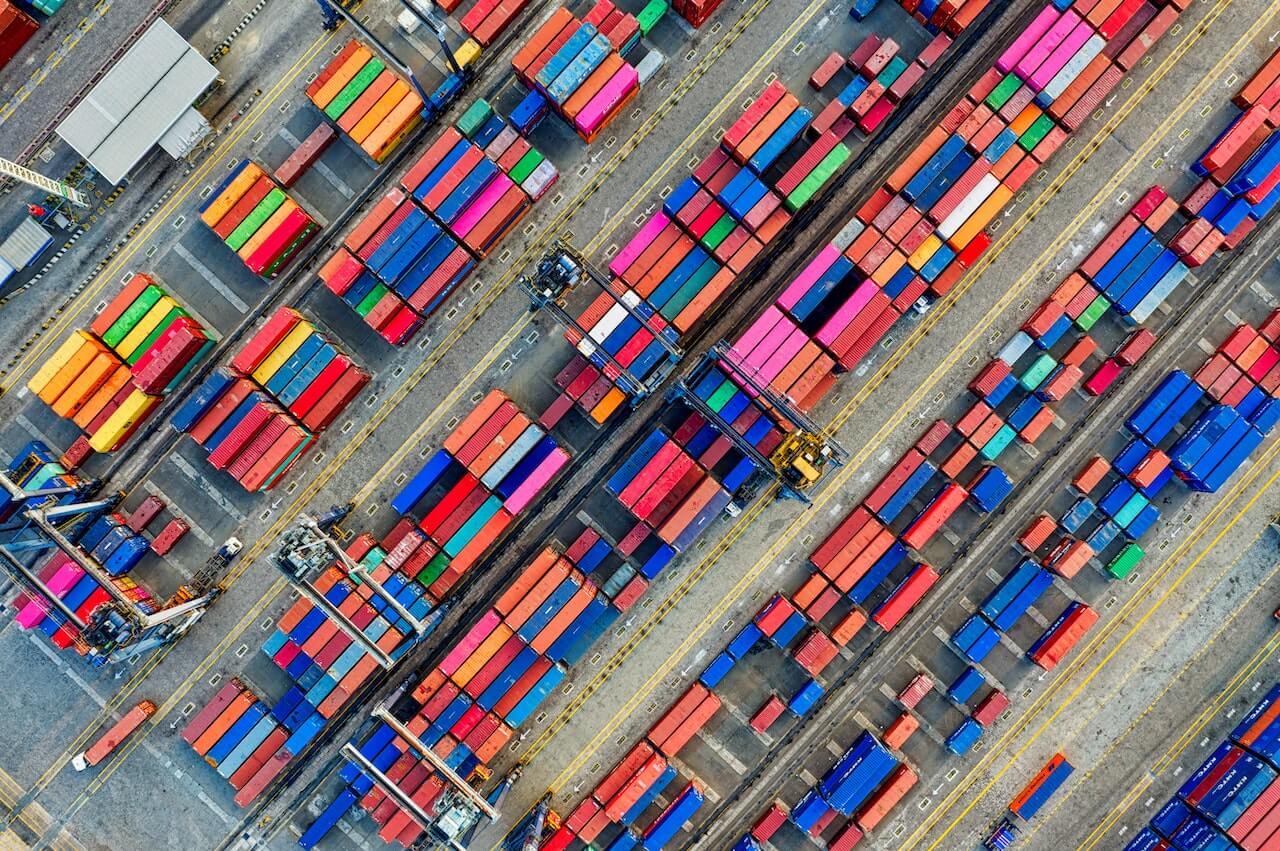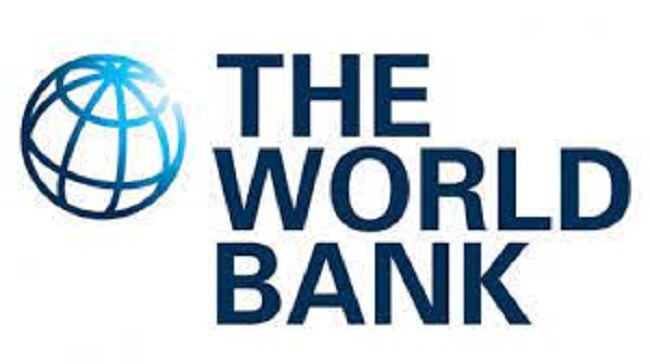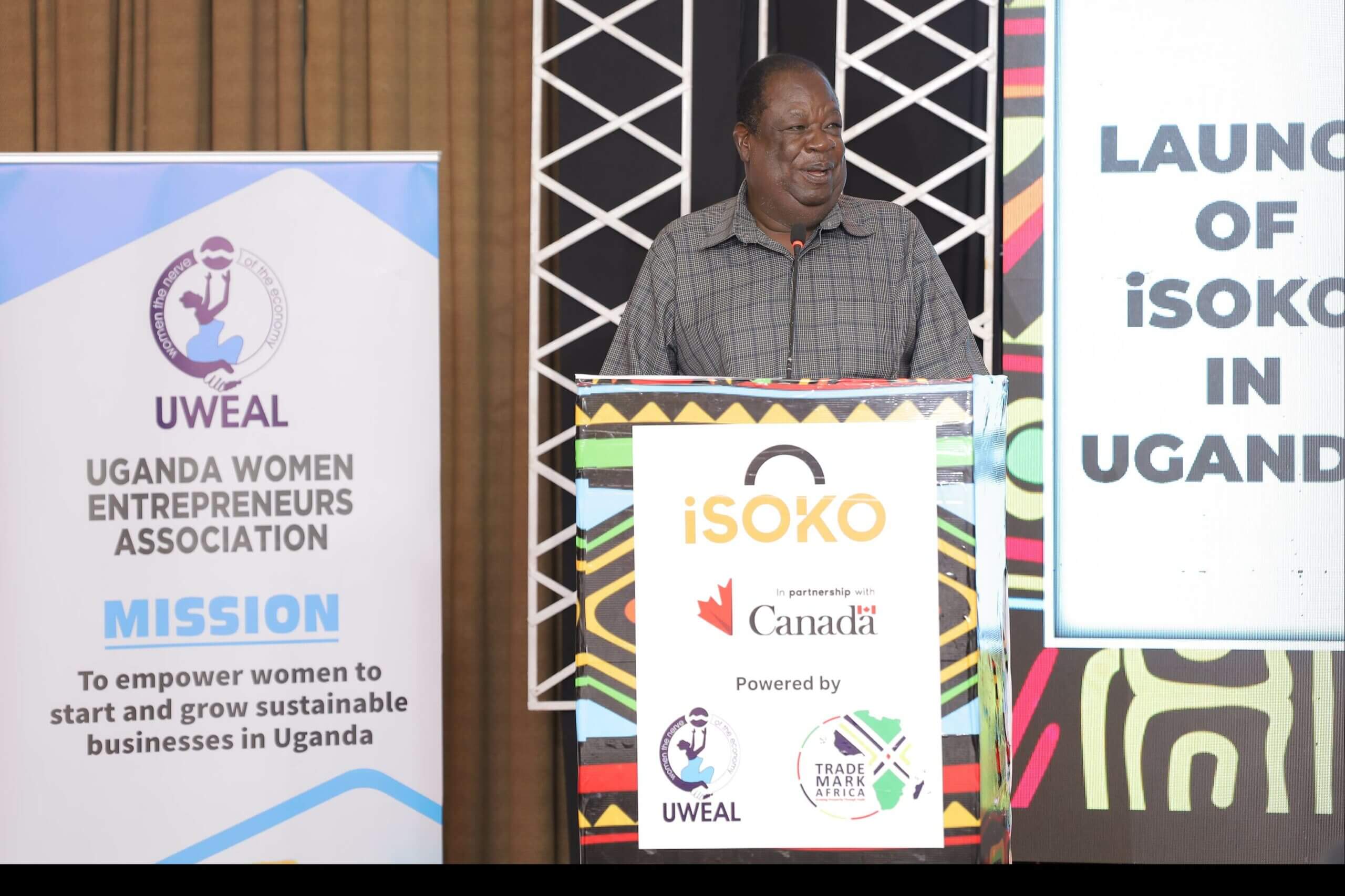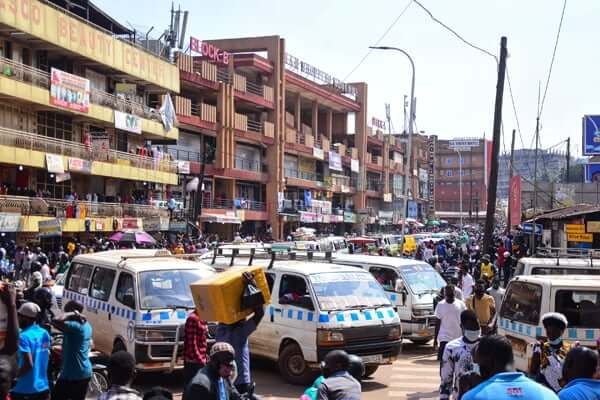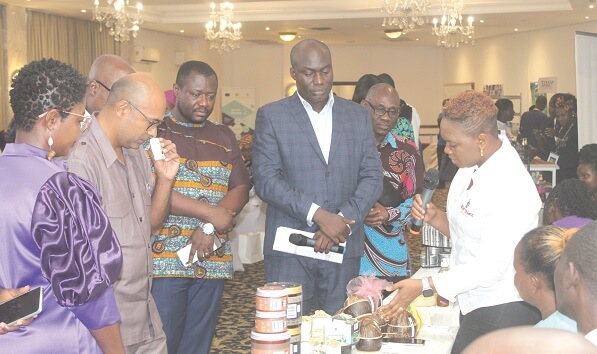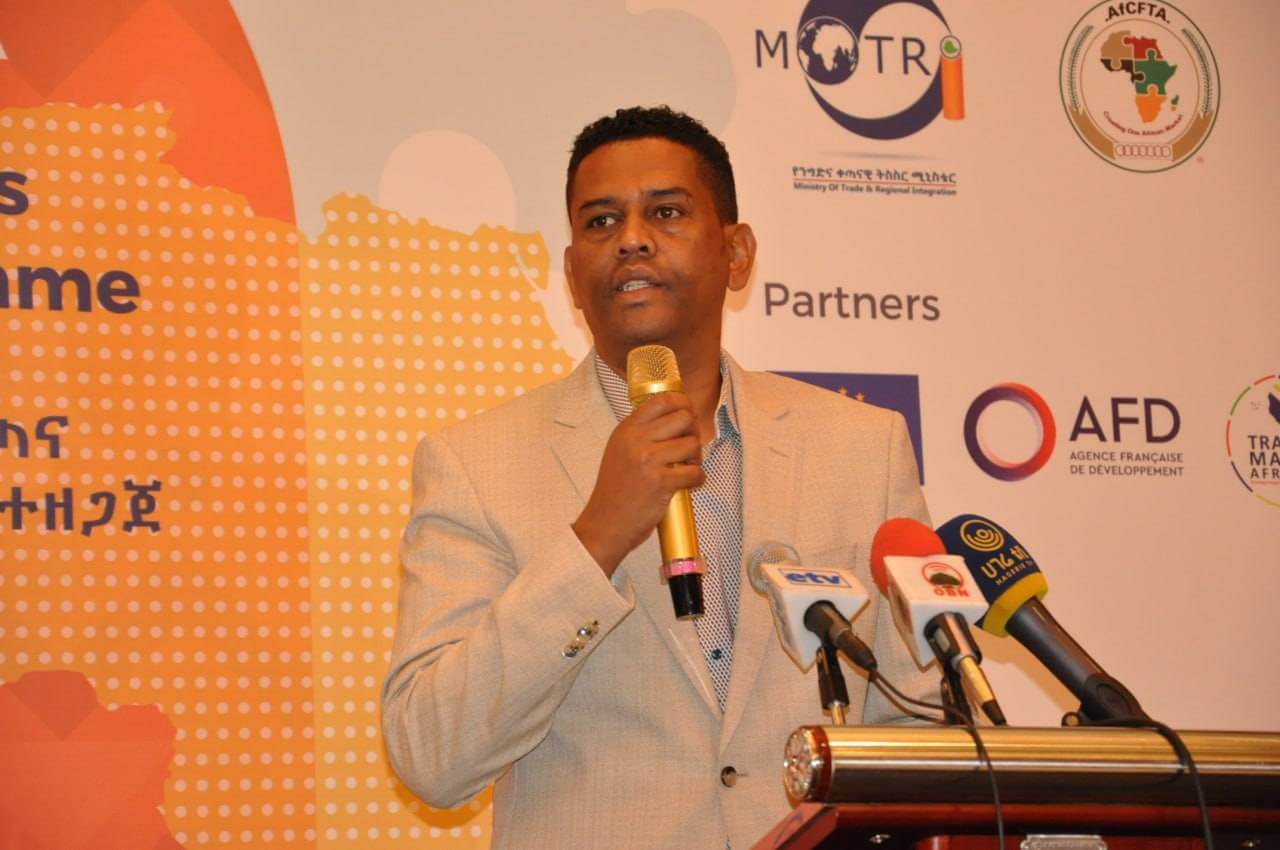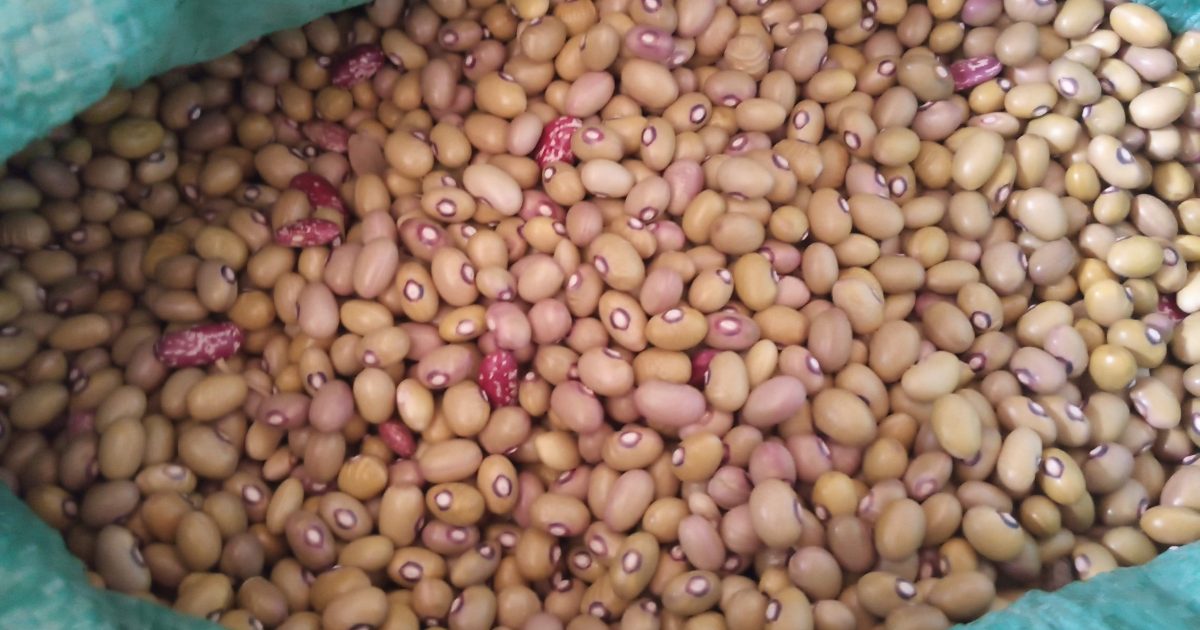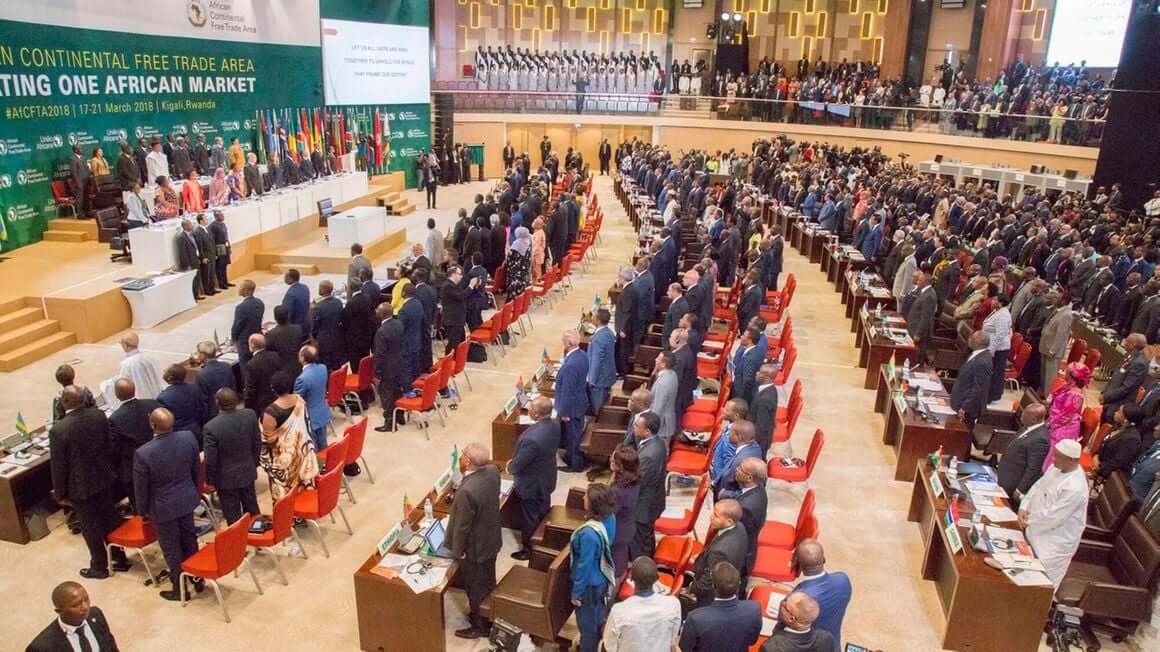May 23, 2023 - Ottawa, Ontario - Global Affairs Canada The Government of Canada is committed to increasing and diversifying trade and investment opportunities with African partners as part of Canada’s overall export diversification strategy and to benefit both Africans and Canadians. Today, the Honourable Mary Ng, Minister of International Trade, Export Promotion, Small Business and Economic Development, announced the launch of public consultations on the Canada-Africa Economic Cooperation Strategy (CA-ECS). These consultations are aimed at ensuring that the CA-ECS will create sustainable, inclusive and long-term trade and economic partnerships between Canada and the African continent. Canadians and other interested stakeholders are encouraged to join the discussion until July 31, 2023. Quotes “Work has been underway to deepen Canada’s relationship with Africa, and the launch of today’s public consultations takes this progress another step further. Your feedback will ensure the Canada-Africa Economic Cooperation Strategy supports the creation of meaningful commercial opportunities across our continents and equips Canadian entrepreneurs with the tools they need to diversify and grow.” - Mary Ng, Minister of International Trade, Export Promotion, Small Business and Economic Development Quick facts Africa’s is home to 5 of the top 10 fastest-growing economies in the world, and once fully implemented, the African Continental Free Trade Area will be equivalent to the world’s fifth-largest economy, with the potential for a combined GDP of more than $4.6 trillion. The first Canada-African Union Commission Trade Policy Dialogue, held on May 17, 2023, offered opportunities to discuss trade policy issues of mutual interest and will contribute...
Minister Ng launches public consultations on Canada-Africa Economic Cooperation Strategy
Posted on: May 24, 2023
Posted on: May 24, 2023

